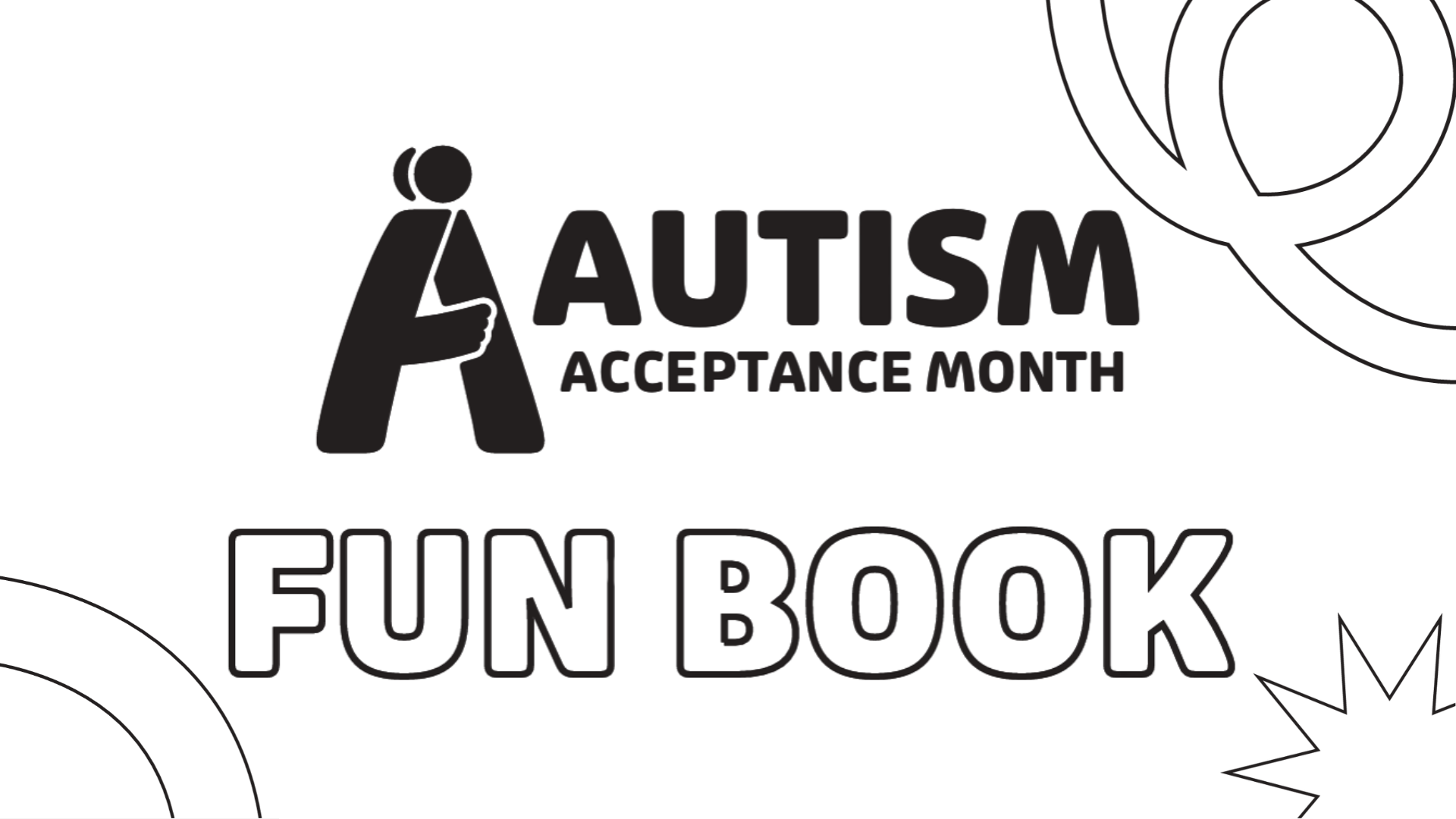Talking to Children About Autism
At Somersfield Academy we respect each child as a unique individual, support their development at their own pace, and nurture empathy and understanding. We are built on a foundation of Montessori values: we meet each child where they are. This principle doesn’t stop with academic learning—it extends to emotional intelligence and social awareness, too. Talking to children about autism aligns with core Montessori values: respect for the individual, celebrating differences, and nurturing peaceful communities.
What We Do At School
Emphasising Curiosity
We teach the students to observe, not to label. If a classmate behaves differently—need space or stimming (flapping their hands and repeating phrases) or needing space—that’s something to notice with curiosity, not criticism.
Respecting the Individual
We honour the individuality of each child. When we talk to children about autism, we are continuing that tradition—helping them see that every person has their own way of thinking, learning, and expressing themselves. Autism is simply one of many natural differences among people.
Honouring the Child
We meet children where they are developmentally. That includes answering their questions about others in ways they can understand. If a child notices a classmate stimming or not making eye contact, we can calmly explain that these are ways some children communicate or self-regulate.
Peace is not just the “don’t hit” but the deep, moral education that helps children respect others and act justly. Standing up for autistic classmates, being patient when someone needs time to speak, or choosing inclusive games on the playground—this is peace education in action.
What Parents Can Do At Home
Clear up Common Myths
Here are a few misunderstandings you can help correct:
Myth: Autistic people don’t have emotions.
Truth: They do—they just might express them differently.Myth: Autistic people don’t want friends.
Truth: Many do, even if they find it hard to make the first move.Myth: Autistic people can’t speak.
Truth: Some don’t use speech, but many communicate in other ways.
Highlight Similarities and Shared Interests
Autistic kids often enjoy the same things—like Minecraft, animals, or space. Encourage your child to look for shared interests as a way to build connections.
Model Inclusion
Let your child see you welcoming and accepting others, and introduce them to stories, books, and media created by autistic people.
Focus on Support, not Deficits
Autistic people may need extra help in certain areas. These supports ensure they have the same chances to learn and grow. Just like everyone needs help sometimes, offering help with kindness makes all the difference.
And remember—it’s okay not to know everything. Keep learning together. With open hearts and open minds, we can help children grow into compassionate, inclusive humans.
Additional Resources:
Tomorrow’s Voices – Bermuda Autism Early Intervention Centre
Book Trust: Books that feature Autism Spectrum Conditions


